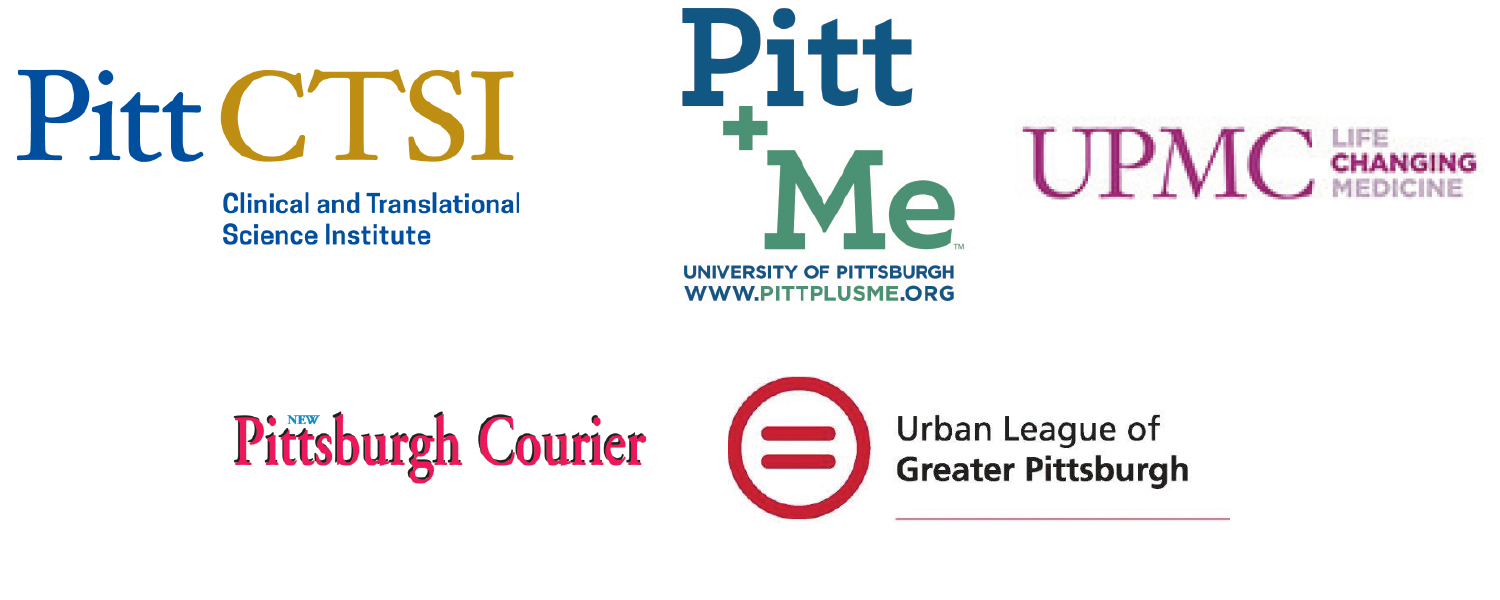CARLOS T. CARTER
This month, the Community Health Series Partnership turns its spotlight on Alzheimer’s Disease (AD). Carlos T. Carter, President and CEO of the Urban League of Greater Pittsburgh, sat down with us to discuss how AD impacts UL’s clients and the communities where they live.
Carlos, what makes Alzheimer’s Disease a health issue that deserves our specific attention?
Alzheimer’s Disease deserves special attention because it is a significant health issue that impacts individuals, families, and communities—and there is currently no cure. The disease impacts memory and brain function. It poses a substantial societal and economic burden as it impacts the caregiver’s ability to maintain a job.
Unfortunately, it disproportionately impacts Black people at a rate of 2 to 1 relative to their White peers. This is troubling as many Black families already face challenges related to health and economic equity.
AD is also of great concern because of the stigma it holds in the Black community—people don’t talk about it enough. I’ve personally witnessed this and it’s heartbreaking. When the disease IS discussed in our community, there’s isolation and shame—and that must change.
In one of this month’s articles, Dr. Williams comments “Dementia is a terrible disease that robs people and communities of their stories.” Why is this particularly relevant to the Black community?
Our stories are important because they serve as a bridge to humanity. We use our stories to learn from each other, convey our humanity and experiences, and facilitate learning and connection within our collective communities. This is especially relevant in the Black Community as we are a verbal people and share our history through stories.
The reality is our stories have been suppressed for centuries to convey a narrative that makes others look good and Black people look bad. Given the constant assault on Black Voices, we do not need anything else suppressing our ability to tell our story. Until the lion tells his story, the hunter is always the hero!
We can change this by our sharing our journey with the younger generation early on. When our memory is gone, those stories will live on. Stories can be preserved verbally or by taking the time to write them in a journal and publish it. Stories are powerful, as they are the way we as humans remember things best.
How can we build our communities to support those with Alzheimer’s Disease—and their caregivers?
It starts by learning and talking about the disease to remove the stigma. It’s hard to build a community when there are secrets and shame. That’s why talking about our experience with the disease as a patient or caregiver is so important. It’s a first step in removing the stigma and isolation. It creates an opportunity to connect and receive support.
For caregivers, it’s important to know about—and use —the community resources available to assist. We must encourage and praise them for using these services to help relieve burnout, exhaustion, and economic ruin. Everybody needs help sometimes! Please, don’t be afraid to ask.
Carlos T. Carter is President and CEO of Urban League of Greater Pittsburgh.
